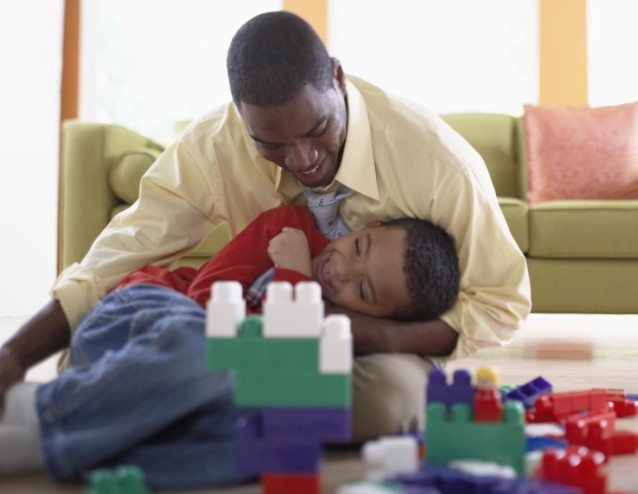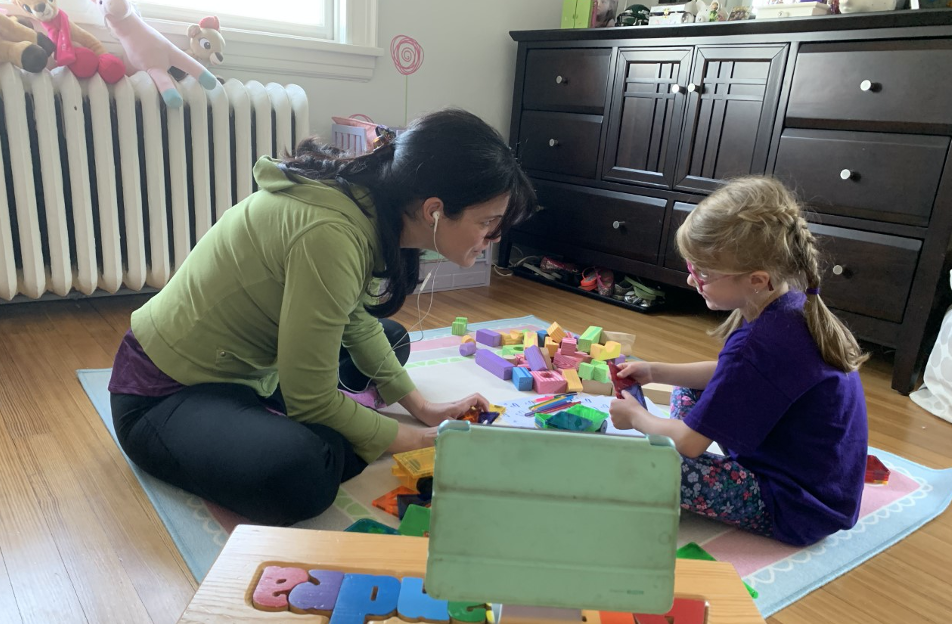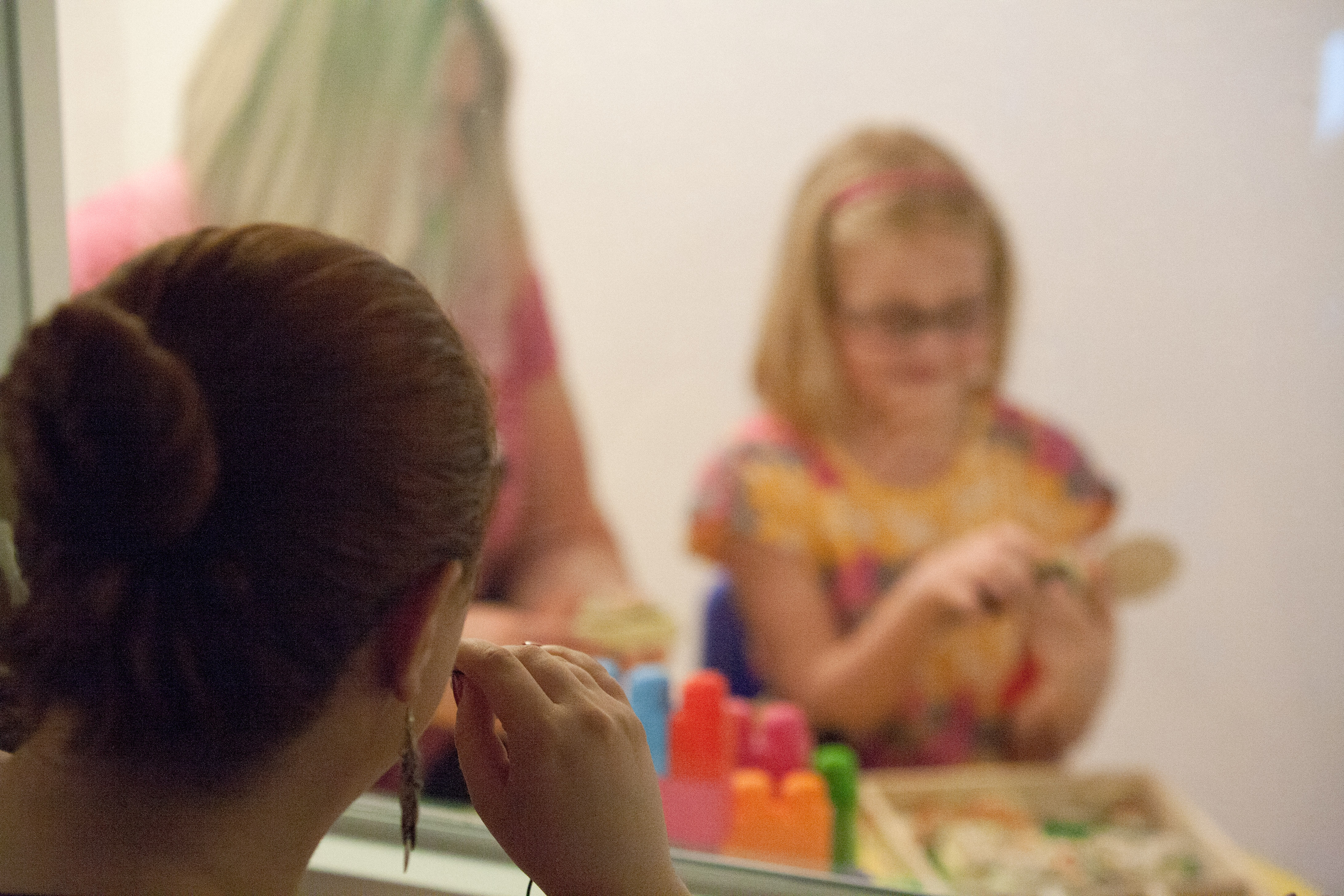Parent-Child Interaction Therapy – also called PCIT – is an evidence-based, short-term treatment designed to help young children with highly disruptive behavior learn to control their frustration. In PCIT, we work with each parent to strengthen their relationship with their child and build their confidence and ability to effectively guide and direct their child’s behavior, set limits, calmly discipline, and restore positive feelings to their interactions. PCIT treats the parent, the child and most importantly their interactions. Families change one interaction at a time!
PCIT is regarded by national expert panels as a gold standard treatment because for most families:
- it works (50+ years of research showing huge gains)
- the gains last over time
- the gains generalize to school settings
- the gains generalize to siblings
- it includes all the key elements found by the CDC (Centers for Disease Control and Prevention) to be essential in helping parents with disruptive kids
- teaching parents emotional communication skills
- teaching parents positive interaction skills
- live in-session practice with your child during the session while the coach/therapist gives live, in-the-moment feedback (we use a bug-in-ear)
- teaching correct use of safe time-out procedures
- teaching and reinforcing parental consistency







